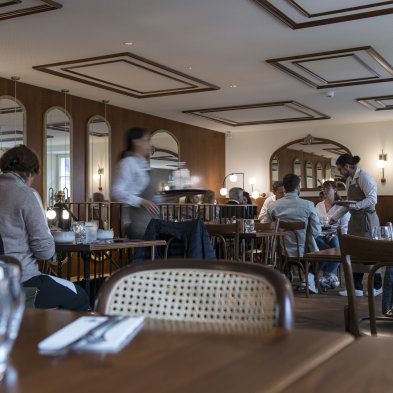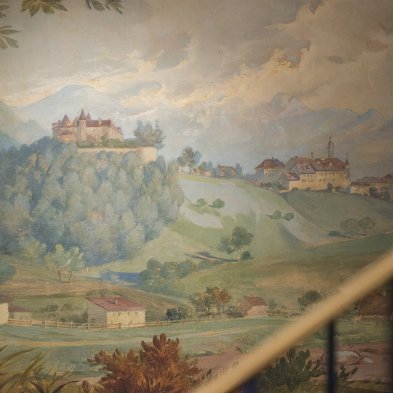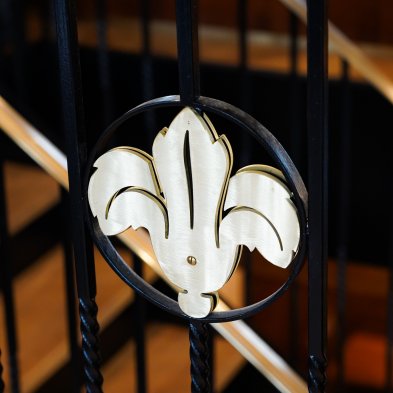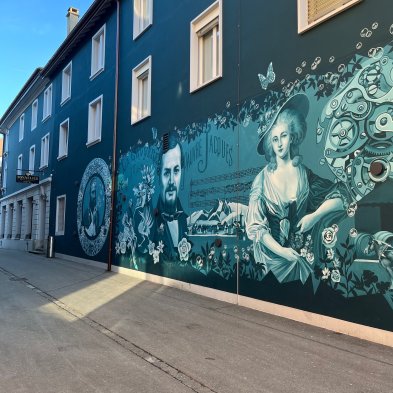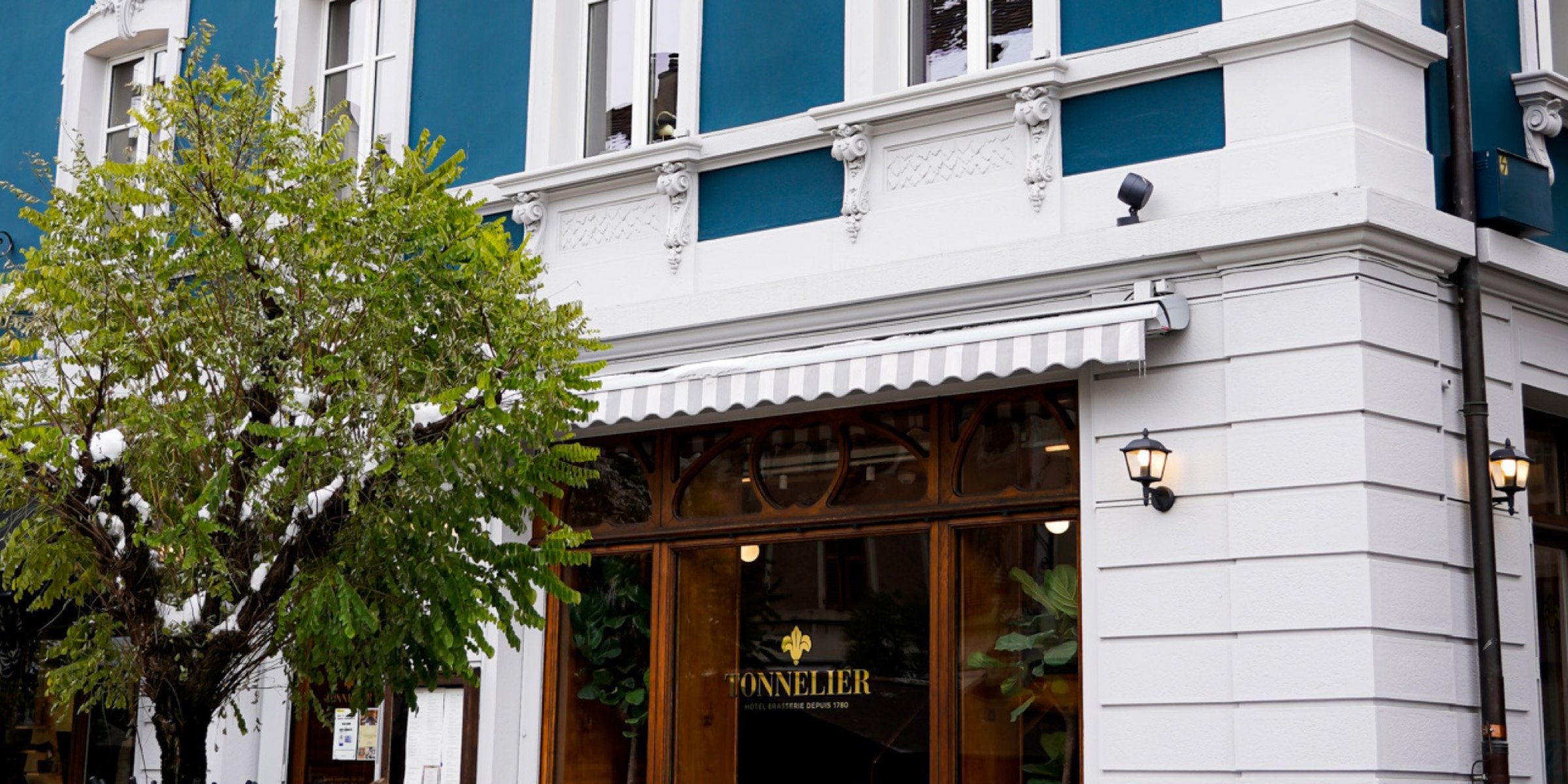
Le Tonnelier
Café-Restaurant from the end of the 17th century and later as a hotel, the building was completely rebuilt between 1806 and 1825, after the great fire that ravaged the center of Bulle.
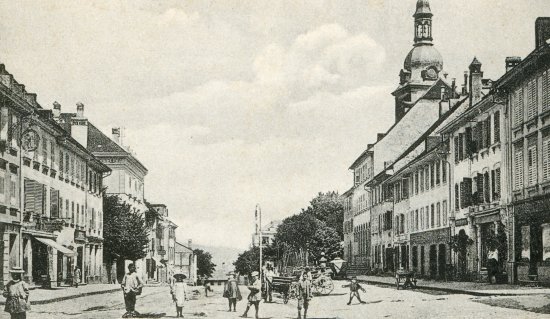
Before 1780
Le Tonnelier is a cheese barrel factory and a coach relay. The exact date of the factory's creation still remains unknown.
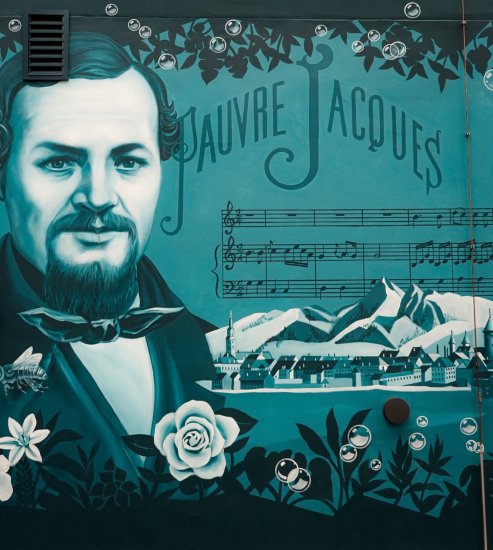
1780
Fribourg governement give to François Glasson a licence to sell drinks and install a bread oven in the present building bought from Majeux's brothers.
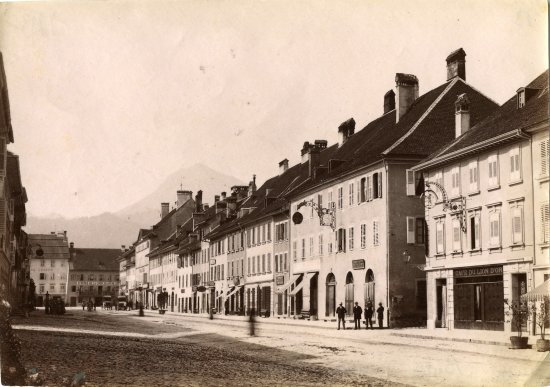
1805
In April the 2nd, a fire destroys most of the city of Bulle. Starting 1806 the new buidling is rebuilt following the architect's plans of Charles De Castella.
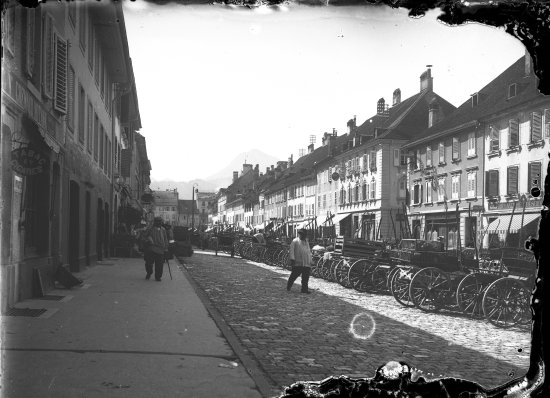
1844
Le Tonnelier officially becomes an Hotel
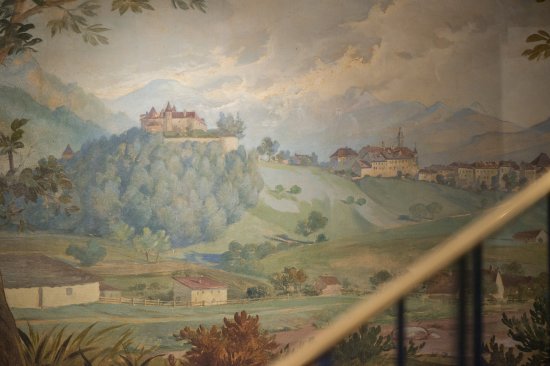
1899
The « Cercle des Arts et Métiers de Bulle » society (former Radical Party), purchase Le Tonnelier. Renovations include paintings by Joseph Ferrero in the restaurant and "Art Nouveau" design, typical of the 20th century, are made
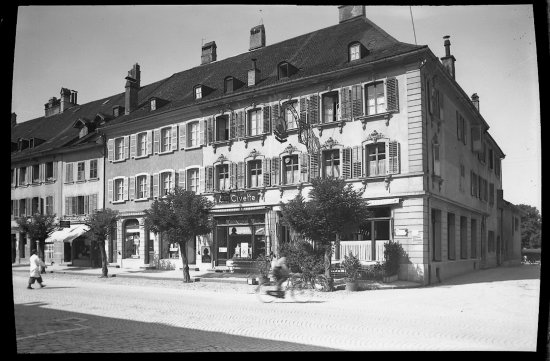
1925
Cottier family purchase Le Tonnelier and manage it for over 90 years. Other renovations are made during this time.
In 1963, the stables are defintely replaced by the Hotel.
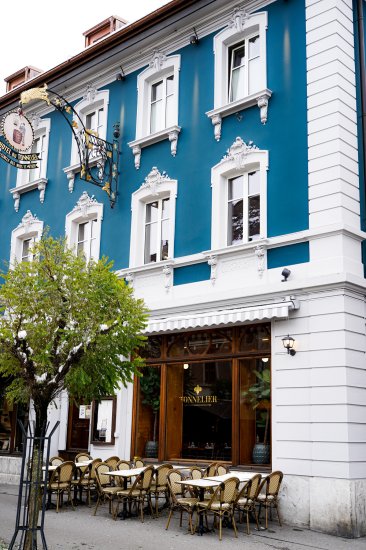
2018
New owners started major renovations, preserving the historic character of the building while incorporating the latest technological innovations.
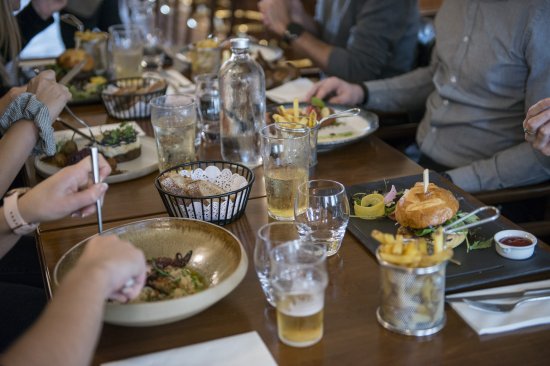
2021
A modern, comfortable "Boutique Hotel" and an authentic "Brasserie Belle-Époque" serving bistronomic dishes await you.
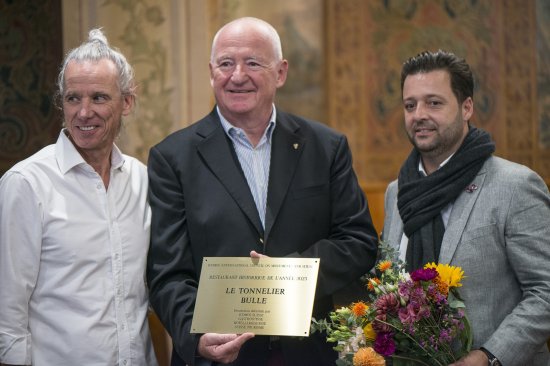
2022
Presentation of the 2023 Historic Restaurant Award.
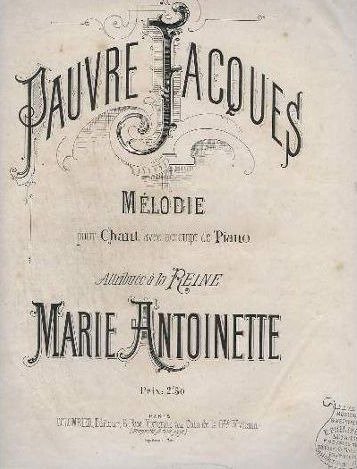
About Pauvre Jacques and Le Tonnelier?
In 1783, Queen Marie-Antoinette had a hamlet built near the Petit Trianon in Versailles, including a dairy.
Madame Elisabeth, the king's sister, had brought a cowherd by the name of Jacques Bosson from Switzerland, but he was dying away from his betrothed Marie-Françoise. The princess sent for the young woman and had the wedding celebrated in 1789 in the church of Saint-Symphorien in Versailles, her parish. The couple had a daughter, Marguerite, in 1790.
On this occasion, Madame de Travanet composed the words and music for a romance entitled Pauvre Jacques.
The tune, the lyrics and the anecdote were soon all over town, and the story of this eglogue, transported from the mountains of Switzerland to the park of Montreuil, was a source of great emotion.
According to Mme de Bombelles:
Madame Elisabeth, wishing to have a young shepherd from Fribourg, had asked Madame de Raigecourt to ask Madame de Diesbach to provide her with a good subject, especially one whose fidelity would be beyond reproach, for she was stingy with her milk, because the first use she made of it was to distribute it to poor children, and the idea that these unfortunates would not lack the nourishment that was their own, made her find the remaining superfluity delicious.
Marguerite Bosson married Pierre Glasson in 1814. A few years later, they gave birth to Nicolas Glasson, one of their eight children. Nicolas lived at Le Tonnelier like his parents, and became an important figure in Swiss politics: president of the Bulle court, public prosecutor, federal judge, member of the Fribourg Grand Council, national councillor, member of the Council of States, editor of the radical newspaper Le Confédéré, poet... The list goes on.

